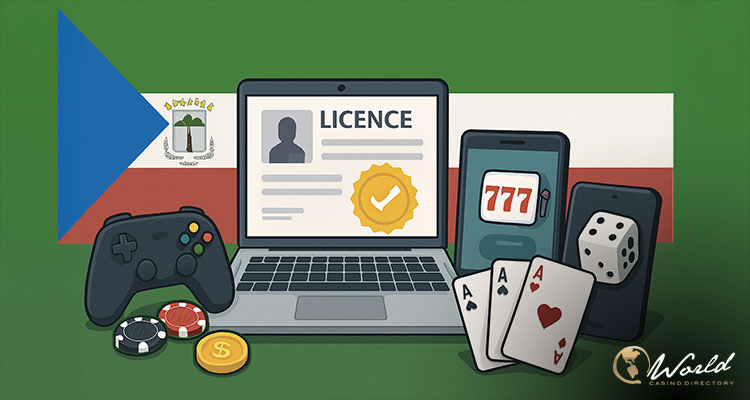In the Philippines, the Government Service Insurance System (GSIS) has come under intense public and legislative scrutiny following revelations of its more than PHP1 billion investment in DigiPlus Interactive Corp., a company linked to online gambling. Amid mounting concerns from lawmakers and the public, the state-run pension fund has responded by asserting its financial stability and reaffirming its dedication to transparency and fiduciary responsibility.
In a series of statements released Wednesday and cited by the Philippine News Agency, the GSIS emphasized that the Social Insurance Fund remains “strong, secure, and actuarially sound.” As of June 2025, the fund reported total assets of PHP1.88 trillion and a net operating income of PHP76.82 billion — a 31 percent increase compared to the previous year. The fund has also maintained a consistent five-year average return on investments of 6.75 percent.
Despite this financial performance, GSIS is now grappling with criticism over the nature of its investment. Senator Risa Hontiveros, in a privilege speech earlier this week, criticized the pension fund for placing public money in what she described as a “high-risk” and “morally questionable” sector.
“You heard that right, Mr. President and dear colleagues — GSIS invested over PHP1 billion in online gambling. Those shares were bought at a peak of PHP65.30 and have since dropped to PHP13.68,” Hontiveros declared on the Senate floor.
She further questioned how the investment aligns with the government’s current stance against online gambling, stressing that the livelihoods of public school teachers, health workers, and civil servants rely on the financial integrity of GSIS.
Pension Fund Under Senate Scrutiny
Senator Erwin Tulfo, chair of the Senate Committee on Games and Amusement, echoed Hontiveros’ concerns and announced that his panel will investigate the DigiPlus investment. He expressed “strong disappointment” over GSIS’ decision to commit funds sourced from civil servants’ contributions into an industry that many consider controversial.
“In the first place, what was GSIS thinking, investing funds in online gambling?” Hontiveros asked in Filipino. “While we in the government cannot enter casinos, much less gamble there. So why is the GSIS going all in, using public employees’ money to invest in gambling?”
GSIS Vows Accountability and Internal Review
In response, GSIS maintained that all investment decisions are guided by its mandate to protect and grow the contributions of government workers. While the agency did not confirm the specific amount invested in DigiPlus Interactive, it reiterated that it is open to full disclosure and will comply with any investigation.
“We welcome the scrutiny and call for public disclosure from various sectors, and we are prepared to present all relevant documents and data to the appropriate authorities,” GSIS said in its official statement.
The agency further acknowledged the importance of maintaining public trust and pledged to conduct a comprehensive review of its internal investment framework. This includes evaluating its charter, risk exposure thresholds, and sectoral investment guidelines — particularly for high-risk or sensitive industries like online gaming.
“This will ensure alignment with our members’ evolving expectations and the highest standards of ethical and fiduciary responsibility,” the agency added.
No Breach of Fund Stability, GSIS Assures Members
Despite the political and public fallout, GSIS continues to emphasize the soundness of its financial portfolio. Officials have reassured members and pensioners that the institution remains financially healthy and capable of fulfilling its obligations.
“As stewards of public trust, we affirm our unwavering commitment to act in the best interests of our members and pensioners,” the agency stated. While investigations are expected to move forward, the GSIS has positioned itself as cooperative and transparent, seeking to balance its fiduciary duties with the evolving ethical and regulatory expectations of public service.


